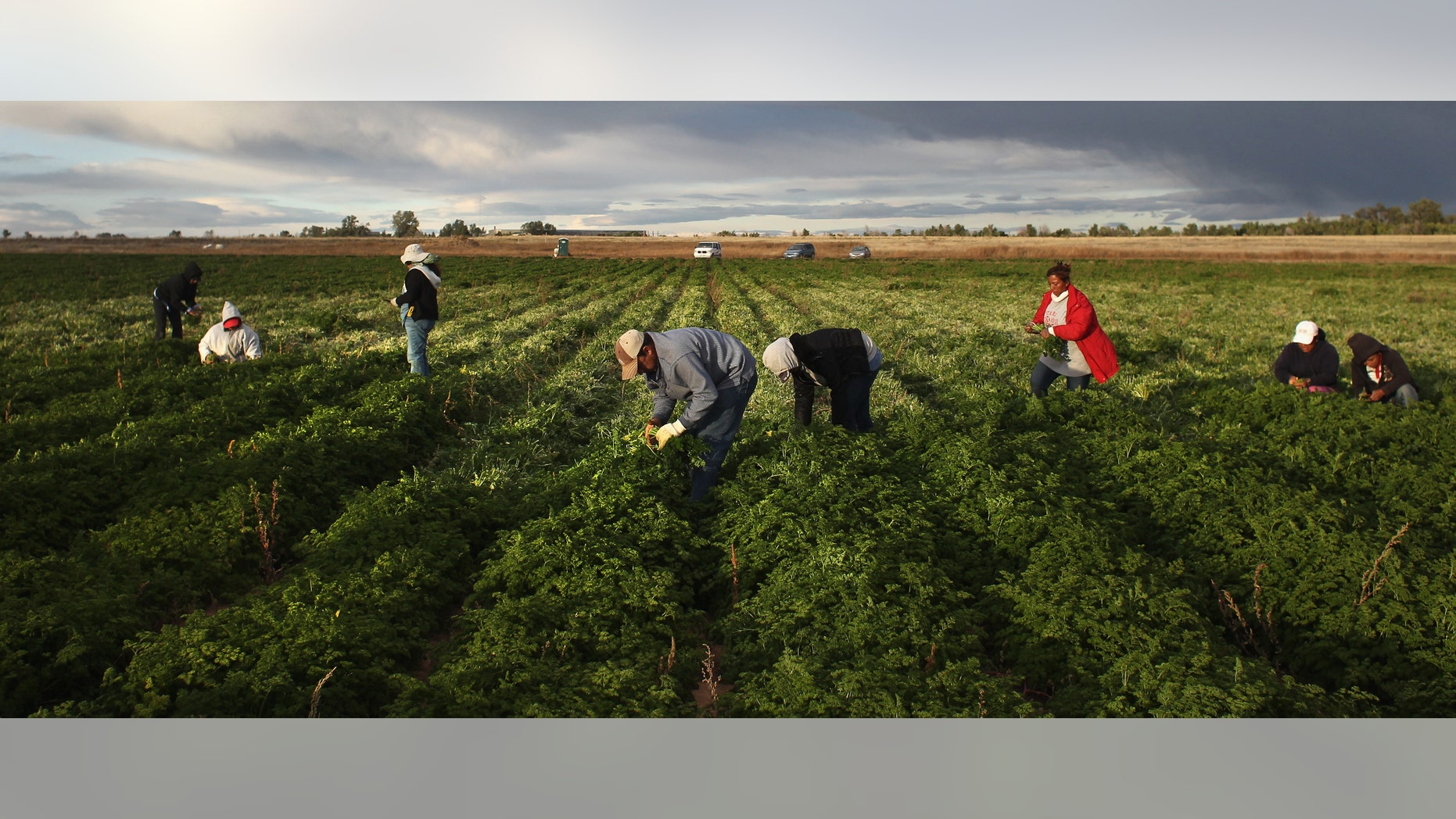Portugal's Migrant Expulsions: From Welcoming Nation To Stricter Policies?

Table of Contents
Historical Context: Portugal's Open-Door Policy and its Impacts
Portugal's history is deeply intertwined with migration. For centuries, it was a nation of emigration, with millions of Portuguese seeking opportunities abroad, creating a vast Portuguese diaspora. However, the tides shifted in recent decades, with Portugal becoming a destination country, particularly attracting immigrants from its former African colonies, such as Angola, Mozambique, and Cape Verde. This influx brought significant benefits:
- Portuguese diaspora returning home: Many Portuguese who emigrated returned, bringing valuable skills and experience.
- Filling labor shortages: Immigrants filled crucial labor gaps in various sectors, contributing significantly to the economy. The migrant workforce Portugal has been instrumental in sustaining growth in areas like agriculture, construction, and services.
- Economic growth boost: The economic impact of immigration in Portugal has been largely positive, with migrants contributing to GDP growth and tax revenue.
Despite these benefits, challenges have also emerged:
- Integration of migrants Portugal: Integrating migrants into Portuguese society has presented difficulties, particularly concerning language barriers and cultural differences.
- Social cohesion Portugal: While largely successful, the integration process has not been without its challenges, leading to occasional social tensions in some communities. Efforts to improve social cohesion and address these challenges remain crucial.
The Rise of Stricter Policies: Factors Contributing to Migrant Expulsions
The recent shift towards stricter immigration policies in Portugal is a multifaceted issue influenced by several factors:
- Increased pressure from the EU: The EU migration policy, including the Dublin Regulation, has placed pressure on member states to control their borders and manage asylum applications more stringently. This has impacted Portugal's approach to Portugal and EU immigration.
- Rise of anti-immigrant sentiment: The rise of anti-immigrant sentiment, fueled by political discourse and, in some cases, far-right movements, has influenced public opinion and shaped political priorities. Analyzing the nuances of anti-immigration sentiment Portugal and its influence on policy is crucial.
- Security concerns and border control: The Portuguese government has focused on strengthening border security Portugal and addressing concerns about illegal immigration Portugal, leading to increased border controls and stricter enforcement measures.
- Specific examples of stricter policies: Changes in asylum procedures, stricter deportation laws (deportation Portugal), and increased scrutiny of visa applications are examples of policies resulting in a rise in asylum seekers Portugal expulsions.
The Impact of Expulsions on Individuals and Society
The consequences of increased migrant expulsions are far-reaching:
- Humanitarian concerns: The human cost of expulsions is substantial, often leading to family separation, trauma, and significant hardship for individuals. This raises serious concerns about human rights migrants Portugal and potential migrant rights violations.
- Economic repercussions: The expulsion of skilled workers or individuals contributing to the economy negatively impacts economic impact of deportation Portugal, potentially hindering growth and development.
- Social implications: Increased expulsions can undermine efforts towards social cohesion and integration, potentially exacerbating existing social divisions and creating a climate of fear and uncertainty, affecting the social impact of deportation.
Looking Ahead: The Future of Migration Policy in Portugal
Addressing the challenges and complexities of Portugal's evolving migration policy requires careful consideration:
- Potential policy reforms: Advocates for Portugal immigration reform are calling for more humane and efficient asylum procedures, improved integration programs, and a more balanced approach to addressing Portugal's migration future.
- Balancing security and humanitarian concerns: Finding a balance between ensuring national security and upholding humanitarian principles in humane immigration policy Portugal remains a significant challenge.
- International cooperation: Portugal's engagement with international migration cooperation is crucial in addressing the global migration crisis effectively. Collaboration with other European nations and international organizations is vital.
Conclusion: Navigating the Complexities of Portugal's Migrant Expulsions
Portugal's approach to immigration has shifted significantly, moving from a historically welcoming stance to stricter policies that have resulted in increased migrant expulsions. This change is influenced by various factors, including EU pressure, rising anti-immigrant sentiment, and security concerns. However, the human and economic costs of these expulsions are significant. A balanced approach is needed, one that prioritizes humane treatment of migrants while effectively managing immigration flows and addressing legitimate security concerns. We must encourage open discussion and debate regarding Portugal's immigration policy, advocating for responsible and informed policy-making that ensures a more humane and just approach to migrant expulsions in Portugal. The future of Portugal's migration future hinges on finding this crucial equilibrium.

Featured Posts
-
 Snow Whites Opening Weekend A Critical And Commercial Failure
May 14, 2025
Snow Whites Opening Weekend A Critical And Commercial Failure
May 14, 2025 -
 Maya Jama Confirms Relationship With Ruben Dias
May 14, 2025
Maya Jama Confirms Relationship With Ruben Dias
May 14, 2025 -
 Ranking The Best Female Protagonists In Pokemon
May 14, 2025
Ranking The Best Female Protagonists In Pokemon
May 14, 2025 -
 Saint Pierre Et Miquelon Au C Ur Du Debat Sur La Deportation Des Oqtf
May 14, 2025
Saint Pierre Et Miquelon Au C Ur Du Debat Sur La Deportation Des Oqtf
May 14, 2025 -
 Shohei Ohtanis 6 Run 9th Inning Powers Dodgers Comeback
May 14, 2025
Shohei Ohtanis 6 Run 9th Inning Powers Dodgers Comeback
May 14, 2025
